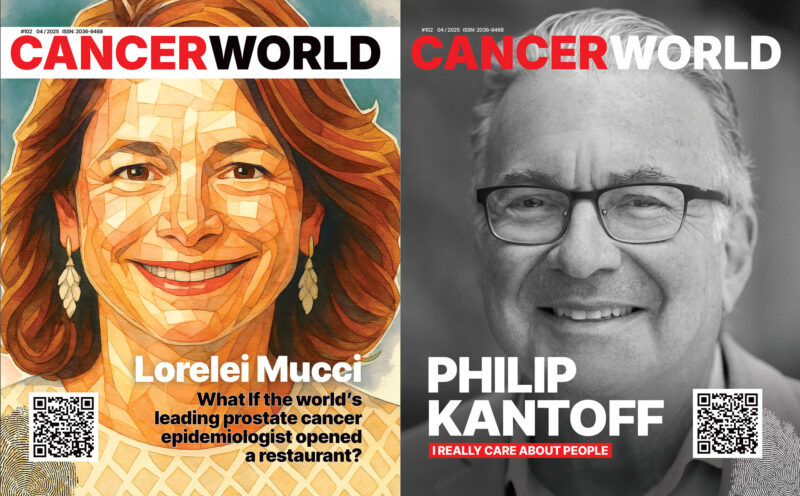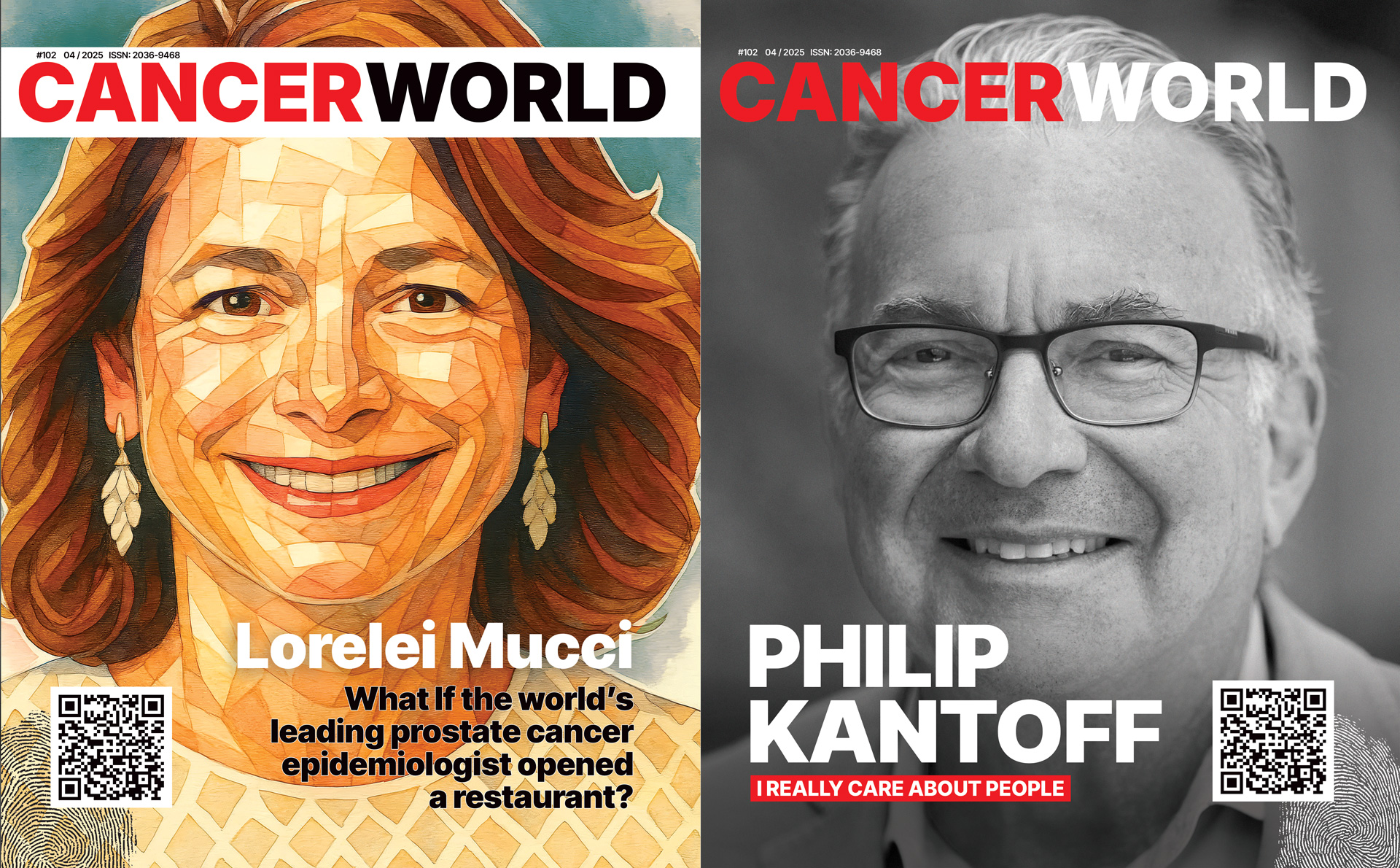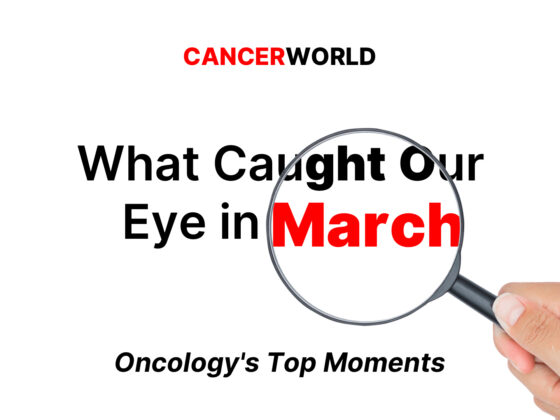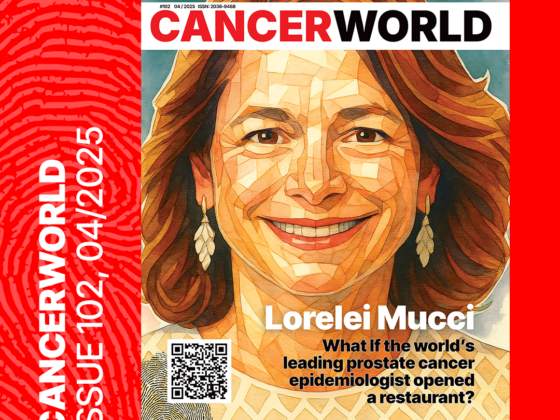The People Behind the Progress in Oncology is science. But it is also stories. It is policy. It is power. It is knowledge. It is culture. It is trust. And above all, it’s personal. This is the lens through which we bring you to look at this April 2025 issue—an edition that spans leadership-defining careers, cutting-edge research, policy reforms, ethical dilemmas, and the emotional flow of cancer care.
We open with two extraordinary lives in conversation with science.
Dr. Philip Kantoff shares lessons from 28 years at Dana-Farber, his leap into building Convergent Therapeutics, and his belief that mentorship is the most powerful legacy a physician-scientist can leave behind. His journey—from a top- academic institution to entrepreneurial innovation—is both inspiring and instructive for the next generation of oncology leaders.
Dr. Lorelei Mucci offers something equally powerful. One of the world’s leading prostate cancer epidemiologists, Dr. Mucci opens up about the intersections of ambition, motherhood, mentorship, and identity. How do you balance professional excellence and private life, and how do you keep personal integrity? She answers with clarity—and courage.
We then turn to Dr. Miriam Merad, recipient of the 2025 Sjöberg Prize, whose work on immune cells has transformed the landscape of tumor immunology. In this profile, we draw an arc between basic science and clinical application. Alongside her story, Prof. Urban Lendahl, Secretary of the Sjöberg Prize, explains the prize’s global relevance— and what made Dr. Merad’s contribution stand out.
From there, the issue dives into a series of timely and challenging topics.
One of our most poignant features explores the decision to pursue pregnancy in the setting of advanced breast cancer. It raises hard questions: Can treatment be safely paused? Who decides what’s ethical? How do we support women navigating deeply personal, medically complex decisions? The answers are not easy—but they matter.
We spotlight emerging data showing that low-dose aspirin may reduce recurrence in PI3K-altered colorectal cancers. It’s a reminder that progress comes not only from the newest drug, but from revisiting old ones with a new lens.
We also ask a long-taboo question in metastatic breast cancer: Is it possible that some patients might actually be curable? Slowly but steadily, the evidence for this achievement is building up. In this piece, we examine how clinicians are beginning to separate signal from noise and change the paradigm with respect to long-term survival.
As a powerful novelty report, we descrive a Phase 1 trial of a personalized neoantigen vaccine—early, yes, but promising. It’s a further step in how individualized cancer immunotherapy comes from shadow to light.
Policy also takes center stage. In an exclusive interview, MEP Nikos Papandreou discusses the role of the SANT committee, the EU Cancer Plan, and the push for liquid biopsy policy.
Finally, we explore the state of psycho-oncology through the eyes of someone who spent a year listening—to patients, clinicians, caregivers. What emerges is not just an article, but a reckoning with the mental and emotional toll of cancer in a world still recovering from collective trauma.
This issue is more than updates. It’s about perspective. It’s about nuance. And it’s about people. Oncology doesn’t develop in a vacuum. It happens in real time, in real lives, across borders, across disciplines, across all we know, and what we still do not know.
We express a thank you to all those who read us. Oncologists, researchers, patients advocates, policy leaders, and entrepreneurs. You are the community that keeps oncology progress and people’s hope going. Your attention encourages better science, better systems, and better care.
The next appointment will be the next issue, we’ll be waiting for you.
Adriana Albini, Co-Editor-In-Chief, CancerWorld












